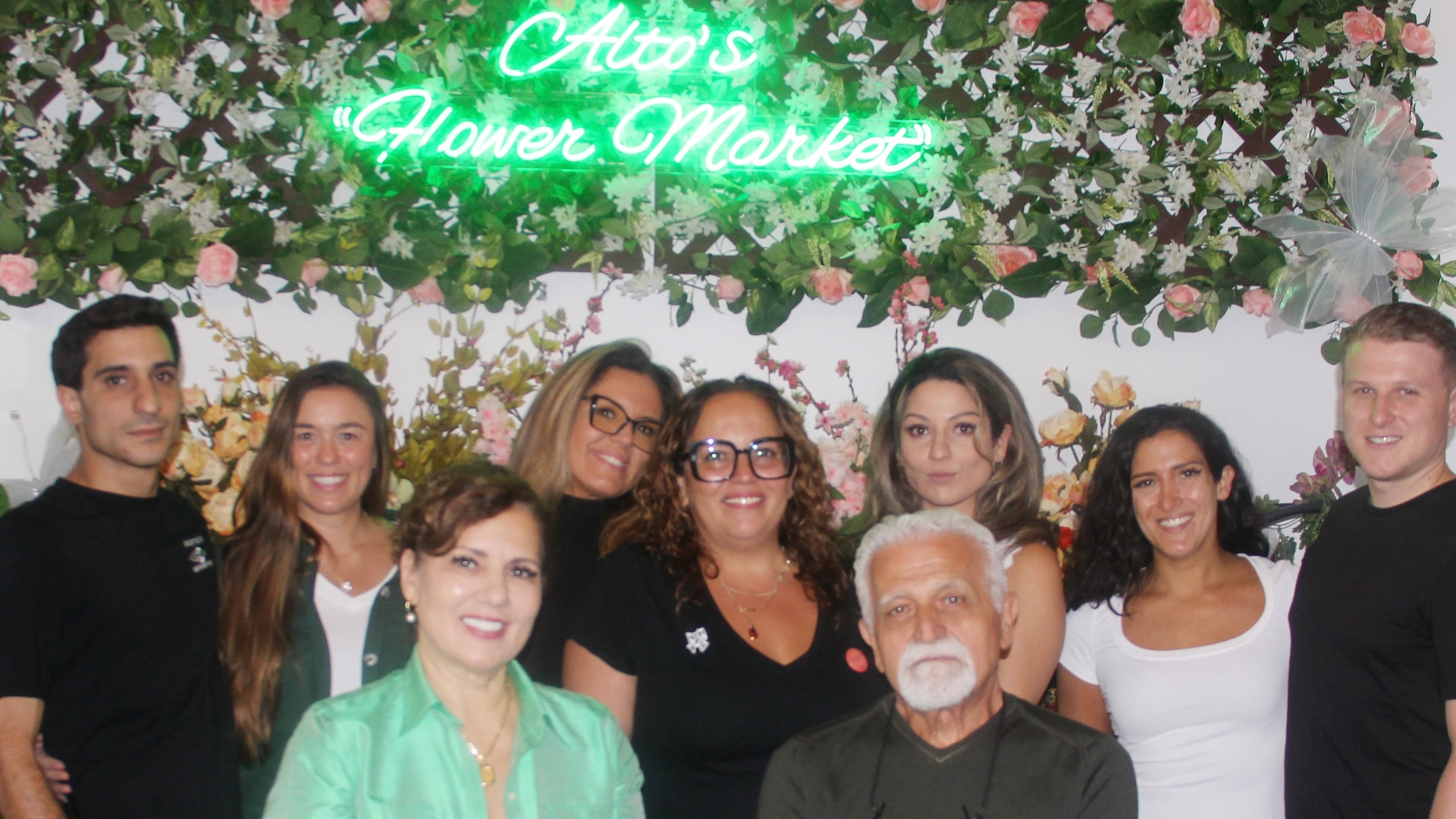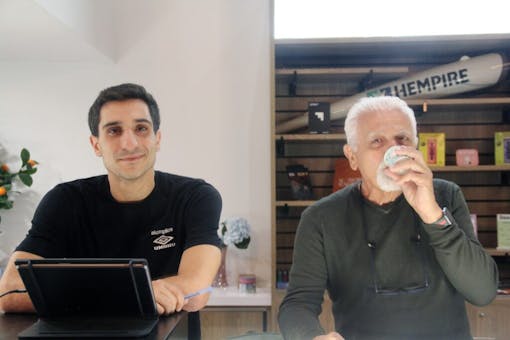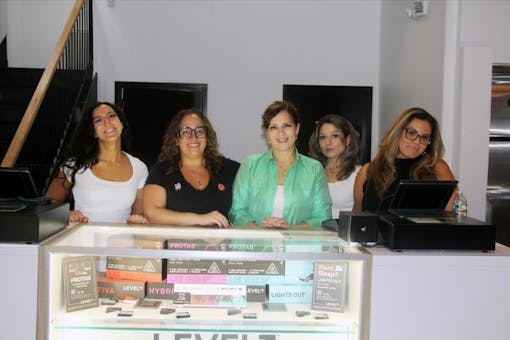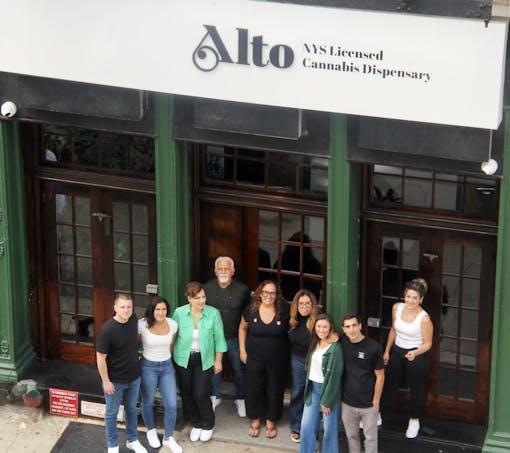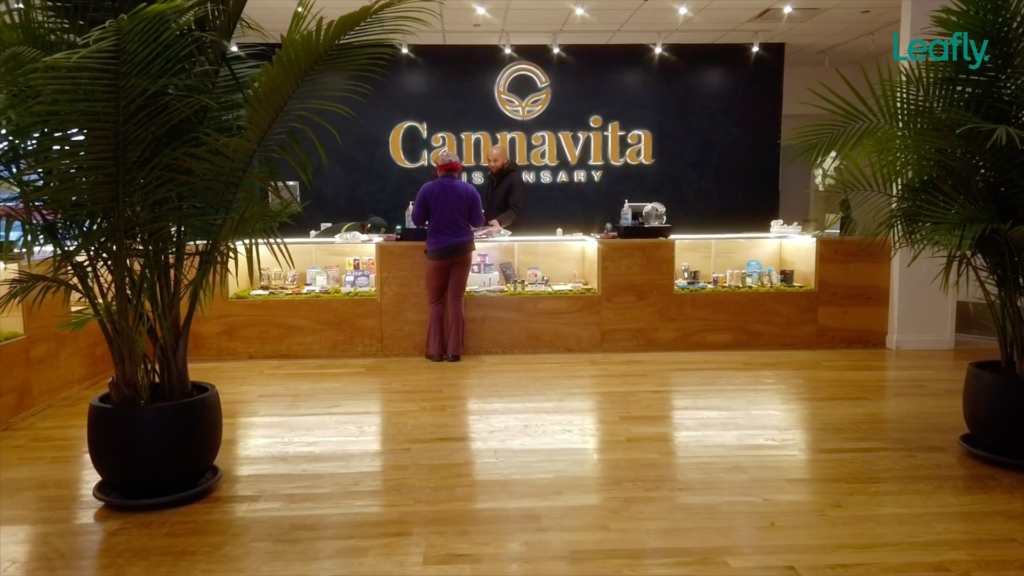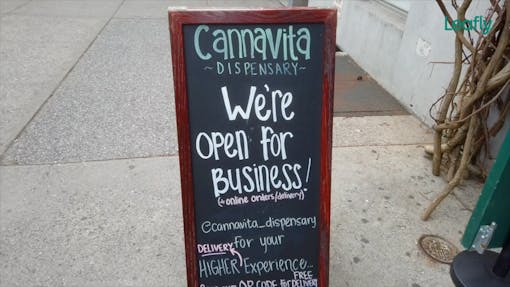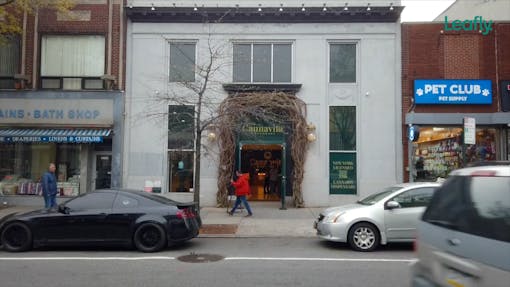Despite legalization, workers in New York still face weed tests from certain jobs. Here’s what you need to know.
Don’t bring out the streamers or start packing your pipe before your morning commute just yet. It’s easy to assume that cannabis legalization would automatically flip the switches on all forms of cannabis criminalization, and strike down the hammer on companies looking to weed out their employees who enjoy a weekend or after-hours toke. On the federal level, most private companies play it by ear when it comes to drug testing their employees. Only certain agencies require that their employees be drug tested.
According to the ACLU, “The Drug-Free Workplace Act does impose certain employee education requirements on companies that do business with the government, but it does not require testing, nor does it restrict testing in any way… Instead of a comprehensive regulatory system, federal law provides for specific agencies to adopt drug testing regulations for employers under their jurisdiction.” These specific agencies include the Department of Defense and Department of Transportation, as well as federal contractors with six-figure contracts. Beyond that, states have the power to set their own standards for a drug-free workplace.
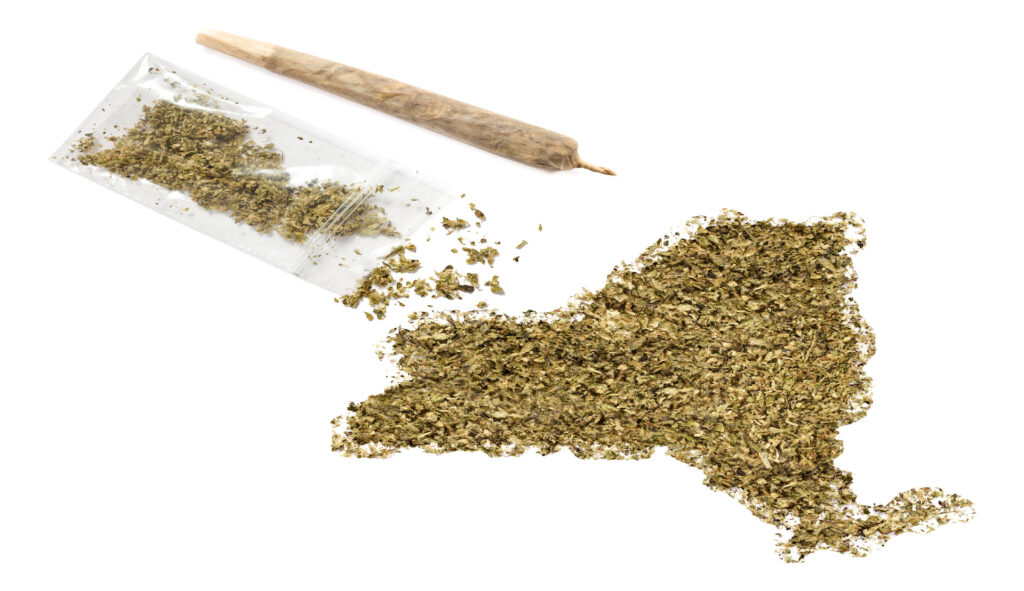
When former Gov. Cuomo legalized cannabis for adult use in March 2021 with the Marihuana Regulation and Taxation Act (MRTA), it introduced the framework for an adult-use industry and market, and created the legal parameters for adults to possess and consume the plant. The laws regarding drug testing and the impact on employment, however, are less clear. Here’s everything you need to know about state cannabis drug testing laws in New York.
Related
Can employers drug test workers for marijuana in my state?
Current New York cannabis testing policies and use in the workplace
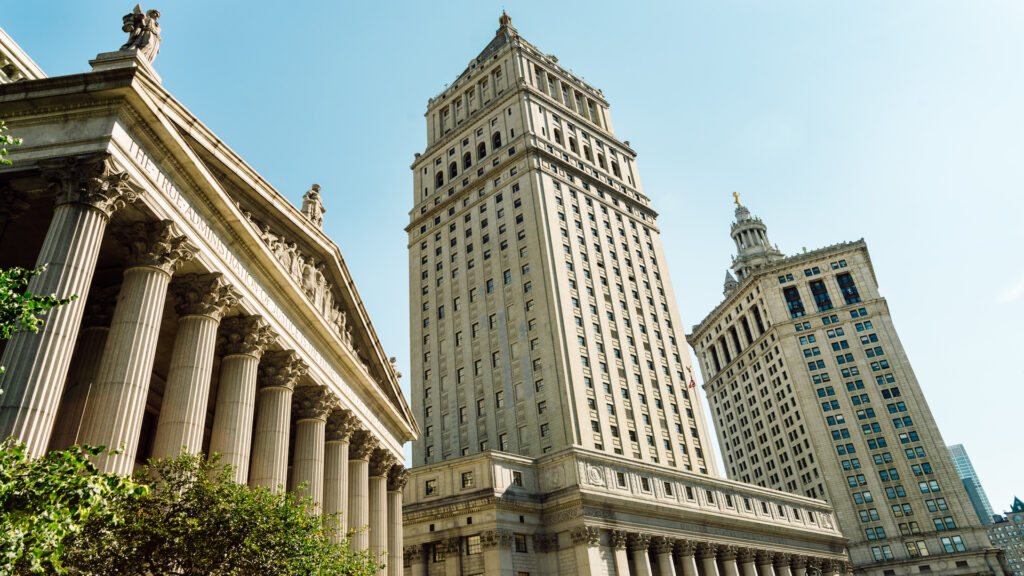
The good news for New Yorkers is that the Empire State has some of the best protections in place to prevent discrimination against workers who test positive for cannabis on a drug test. In 2019, the city added a new section, Local Law 91, to its Administrative Code of the City of New York prohibiting employers from requiring a pre-employment drug test for THC. However, this came with many exceptions, including for police officers and investigators, commercial drivers, childcare workers, healthcare workers, city administrators, and people with federal contracts whose agencies require it.
Part of the MRTA included an amendment to New York Labor Law Section 201-D. The amendment explicitly prohibits employers from drug testing employees for cannabis. It also prevents discrimination against employees who use cannabis legally off the clock. The New York Department of Labor released guidelines for employers in 2021. They said, “employers are prohibited from discriminating against employees based on the employee’s use of cannabis outside of the workplace, outside of work hours, and without use of the employer’s equipment or property.” This also applies to prospective employees.
Seems great, right? Don’t forget to read the fine print and exceptions. New York was the first state to put these protections in place, but they have outlined circumstances in which employers can still require or administer drug tests to their employees for cannabis. Including for those in private and security sectors, law enforcement, and federal contractors.
Employers can also still penalize employees who show signs of intoxication from cannabis. But the NYDOL document does not provide clear guidelines as to what these signs are. They do advise caution when evaluating employees’ impairment. As the signs can overlap with characteristics of disabilities protected by the Americans with Disabilities Act.
Can employers in New York test for cannabis?
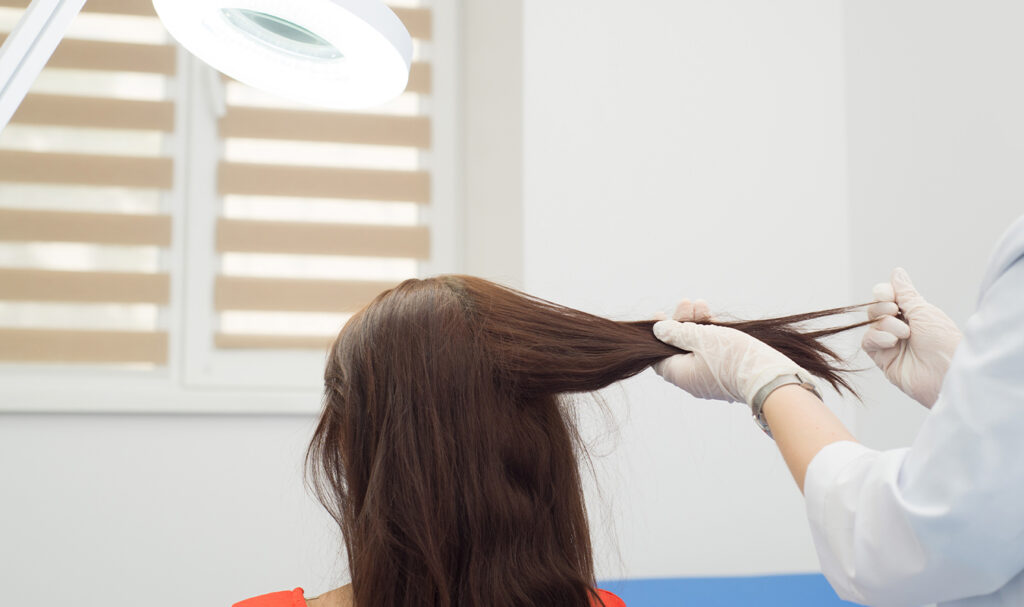
Thanks to MRTA, by law, most private and public New York employers cannot drug test their employees or applicants for THC and use that as a basis for not hiring, discriminating, or terminating an employee. Employers in New York can still invoke a drug-free workplace. And they can prohibit cannabis use during work hours and at the workplace. The NYDOL and Labor Law do provide some exceptions where an employer could still drug test an employee for cannabis, including:
- “An employer is/was required to take such action by state or federal statute, regulation, or ordinance, or other state or federal governmental mandate
- The employer would be in violation of federal law
- The employer would lose a federal contract or federal funding
- The employee, while working, manifests specific articulable symptoms of cannabis impairment that decrease or lessen the employee’s performance of the employee’s tasks or duties
- The employee, while working, manifests specific articulable symptoms of cannabis impairment that interfere with the employer’s obligation to provide a safe and healthy workplace as required by state and federal workplace safety laws”
Who is exempt from cannabis drug testing in New York?
If you are 21 years of age or older and profession doesn’t fall into one of the exceptions listed above, or you are applying for a job outside these departments, your employer can no longer drug test you for cannabis or use a positive cannabis as grounds for termination. The law does not protect adults under 21, but the guidelines are unclear about registered medical marijuana patients under 21.
Who can be drug tested in New York?
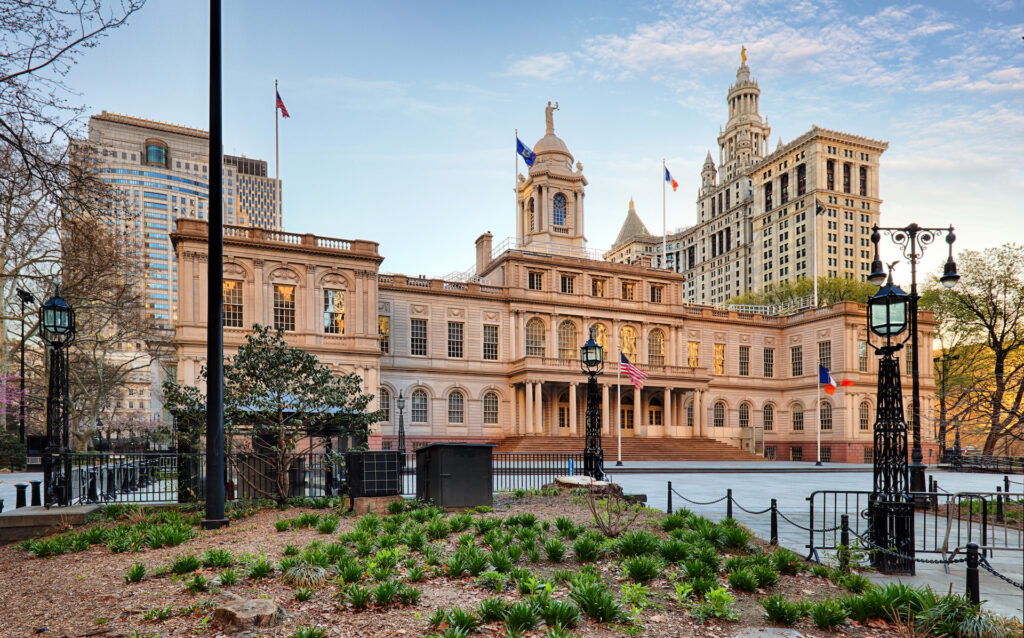
For employees who work in New York (even if they live out of state), the updates to labor legislation mean that most employees and applicants can no longer be drug tested for cannabis. Federal and state employees, however, are subject to different legislation and can still be drug tested if they work in law enforcement, transportation, and certain contracted positions. Additionally, adults who are under 21, regardless of their job sector, can still be drug tested, as the legislation applies to recreational, adult-use cannabis.
Can you be high on the job in New York?
Let’s be clear—protection from discriminatory drug testing does not mean it’s open season to show up to work high. Cannabis stays in our systems long after the high has worn off. So these protections are for workers who use cannabis outside of their jobs or for a medical condition, and who may test positive at work despite not being high. Workers have no protections from employer actions should they be caught high and impaired on the job.
There’s some debate as to how to identify a high employee. The NYDOL guidelines recognize that observation alone does not indicate impairment at work. They state that “only symptoms that provide objectively observable indications that the employee’s performance of the essential duties or tasks of their position are decreased or lessened may be cited,” but give just one example, recklessly using company machinery or equipment, which may not apply to certain companies or sectors.
Can you bring weed to the workplace in New York?
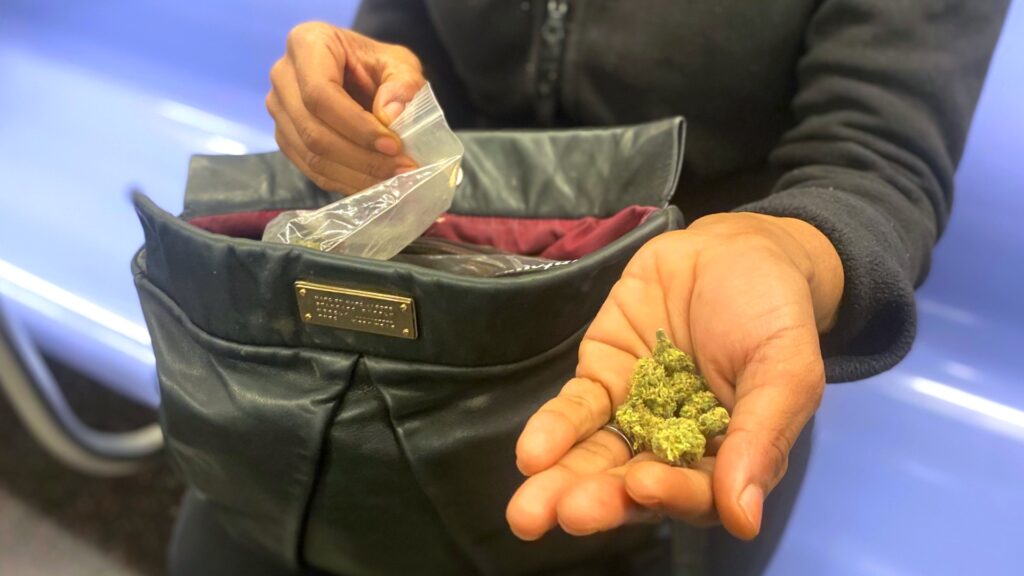
If you weren’t bringing weed to work before these protections, these amendments don’t give you the green light to possess cannabis at your workplace. The NYDOL guidelines state that “employers may prohibit employees from bringing cannabis onto the employer’s property, including leased and rented space, company vehicles, and areas used by employees within such property (e.g., lockers, desks, etc.).”
Employers can still “prohibit cannabis during ‘work hours,’ which for these purposes means all time, including paid and unpaid breaks and meal periods, that the employee is suffered, permitted or expected to be engaged in work, and all time the employee is actually engaged in work.”
Thus, once you’re either onsite to work or clocked in, employees are expected to work their shifts sober. Odor alone is not an indication of intoxication. But it can be grounds for inquiry about possession of cannabis at work, which is not protected under NY drug testing laws.
Cannabis drug testing for state employees
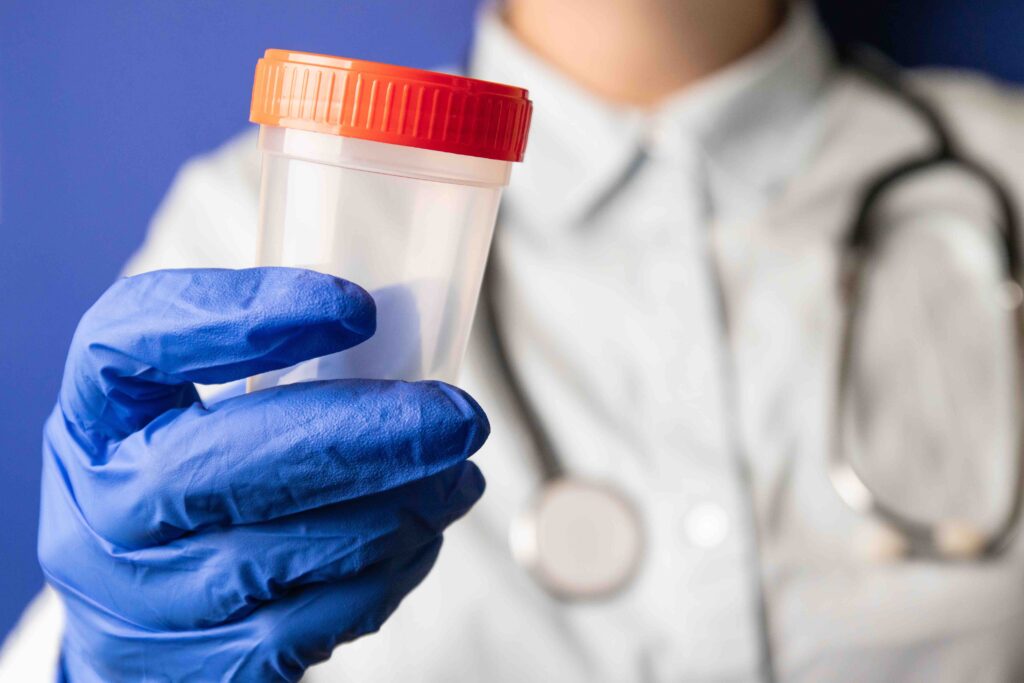
Technically, New York state government employees have protection under the new law, per the NYDOL: “All public (state and local government) and private employers in New York State, regardless of size, industry, or occupation.” However, their department may cite an exception included in the list above that requires drug testing for THC.
A 2021 policy memo from Gov. Hochul’s Office of Employee Relations calls for a “ A Drug and Alcohol-Free Workplace.” It states that “New York state prohibits on the job use of, or impairment from, alcohol and controlled substances. An employee may be required to undergo medical testing if a supervisor has a reasonable suspicion that he or she is unable to perform job duties due to a disability which may be caused by the use of alcohol or controlled substances.” Cannabis is included.
Medical marijuana patients have some protections, but they are still beholden to exceptions laid out in Labor Law 201-D.
Cannabis drug testing for remote workers in New York
Many companies have shifted to a remote or hybrid offices since the onset of COVID. But remote workers are still subject to drug testing protections provided they are employed within the state of New York. Since NY labor laws don’t consider employee residences a “worksite,” they aren’t beholden to employer policies prohibiting cannabis consumption at work.
But if an employer mandates no use during work hours, remote workers can still face repercussions if they exhibit “articulable symptoms of impairment during work hours.”
Pre-employment drug testing vs random drug testing
As stated in the NYDOL guidelines, employers cannot randomly drug test current employees nor prospective employees. Employers also cannot coerce applicants into promising they will not use cannabis outside of work.
Will New York cannabis drug testing laws change in the future?
This change to cannabis drug testing laws and protections was issued well before New Yorkers had access to regulated adult-use dispensaries. The first legal dispensaries are now open, and dozens more are preparing to join the market. Only time will tell how these legislative changes affect employee drug testing statewide. It’s already clear that drug testing jeopardizes employees while often straining the their employers.
Cannabis drug testing has created labor shortages in crucial supply chain sectors, such as commercial truck drivers; more needs to be done to protect employees from discriminatory practices and protect long-term employment.





